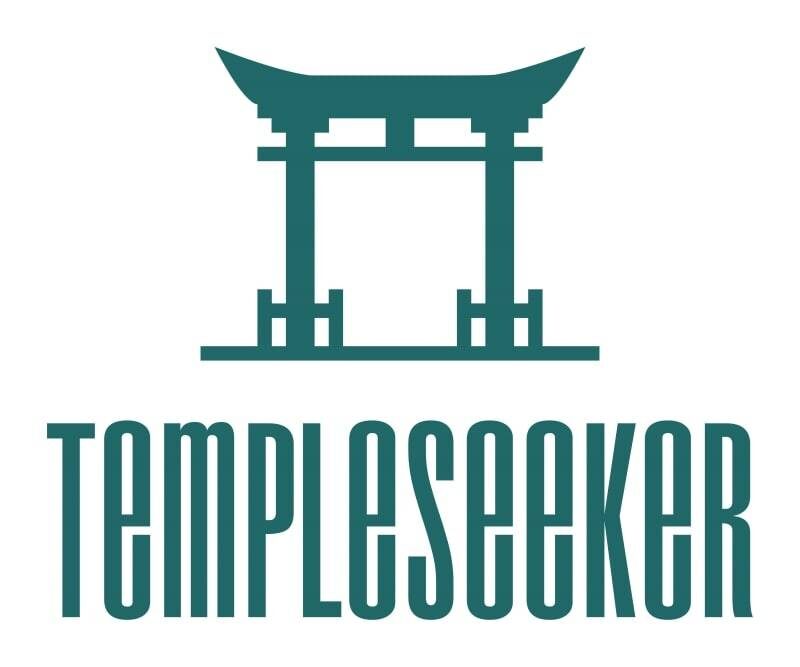Welcome to my ultimate guide to solo travel in Israel. As you would probably expect, Israel is one of my favourite countries to travel to due to the cultural and religious diversity and amazing historical sites. Although Israel has its political concerns and there are some risks, I actually found solo travel in Israel much easier and safer than I initially expected. In this blog I will help you to plan your trip and tell you about the best places to visit. I also include some travel tips along with hotel and restaurant recommendations.
An Introduction to Solo Travel in Israel
Israel is an amazing introduction to the main world religions of Judaism, Christianity and Islam. Jerusalem contains Holy Sites and is a pilgrimage destination for all of these three religions. After hitting the intense historical and religious sites of Israel, you can head to the beaches of Tel Aviv for some relaxation.
Although the country can have some security issues and there is tension between the Israelis and Palestinians, personally I did not experience and severe problems while I was there. I did have a couple of negative experiences which I will share later on in this blog! But on the whole, my travel experience in Israel was positive and I found it easy to travel between destinations.
I found the trains and buses easy to use in Israel. It is also a good idea to book some of the tours as a solo traveller – you get to met a lot of other solo travellers and pilgrims.
Solo travel in Israel is great for allowing you time to explore – I was walking towards the Mount of Olives and just happened to ‘stumble upon’ the Kieron Valley tombs!
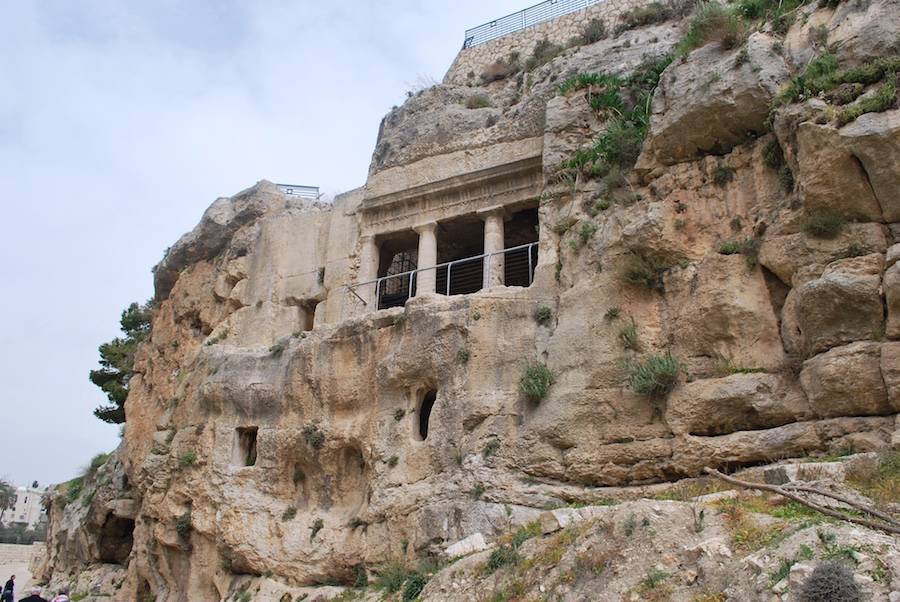
Budgeting for Israel
One of the downsides to travelling in Israel is that it is a little on the pricey side. Go with a healthy wallet – it is more expensive than UK and USA to eat out. I would recommend that you budget at least $100-150 per day on a backpackers budget with the odd tour – more if you intend to stay in hotels rather than hostels. You might find this article helpful on budgeting for Israel.
Why I love Israel as a Travel Destination
I particularly love Israel and rate it as one of my top destinations because there is no where else in the world where you find such an intensity of variation in religion and culture within one city as you find in Jerusalem. You will find religious sites that you can trace back to the roots of the Bible and Qur’an.
When to go to Israel
The best time to visit Israel depends on a number of factors, including your personal preferences and what you hope to do while you are there. Some people prefer to visit Israel during the cooler months from November to March, when temperatures are mild and there is less rainfall. Others prefer to visit during the warmer months from April to October, when temperatures are more pleasant and there are more outdoor activities to enjoy.
If you are interested in cultural and religious events, you may want to plan your trip around one of the many festivals or holidays that take place throughout the year. For example, the Jewish holiday of Hanukkah takes place in December, and the Passover holiday takes place in the spring.
I actually arrived in Tel Aviv on Purim which is a Jewish holiday which commemorates the saving of the Jewish people from Haman (a story from the Book of Esther). There is a tradition where everyone dresses up to replicate the idea of Esther hiding her Jewish identity from the King. I saw so many great costumes including Avatar the last Airbender, a steampunk aviator and even dressed up dogs!

Some festivals and events come with the risk of heightened tension – as a general rule it’s not a great idea to be in Jerusalem on Easter Sunday – this can be a trigger for unrest and attacks.
Israel – How to get there
There are direct flights from Manchester to Tel Aviv Ben Gurion Airport with EasyJet. El Al also fly direct to Tel Aviv (Ben Gurion) from London Luton and New York. Tel Aviv is a vibrant and fun city with great beaches, restaurants and nightlife. It is easy to travel overland from Tel Aviv to Jerusalem – take the bus rather than the train station because the train station in Jerusalem is outside the city.
Is Israel Safe?
Of course, there is always a risk with any travel, especially when travelling alone. However, with Israel comes a slightly elevated risk because of the tension between Israel and Palestine which can result in disturbances and even missile attacks. There is a risk of suicide bombers and knife attacks particularly on public transport – nothing like that happened while I was there in Israel. However, a tourist was killed on Easter weekend (stabbed on the Jerusalem Metro).
It is important to watch the news and take recommendations from the Foreign Office (UK) or the Department of State (USA) – or use your embassy as a source of information while you are abroad. On the whole, as a tourist in Israel you will generally not be involved in unrest or be the target of attacks (although it can’t be completely ruled out of course).
Sometimes there can be tension and violence in the old town of Jerusalem. A sign that something is about to go down is when the shop keepers quickly start bringing down the shutters in a hurry at an unexpected time. Look out for this and immediately head back to your hotel if you notice it.
Another thing to be aware of is assault of women. I had a bad experience where basically someone tried to ‘grope’ me while I was at Damascus Gate. Another female traveller I know was backed into a corner uncomfortably on the city wall near this point. Damascus get is somewhere that you need to have your wits about you and absolutely avoid this area if it is getting busy due to protest – things like this can escalate in Jerusalem extremely quickly.
Lesbian, gay, bisexual, and transgender (LGBTQI+) rights in Israel are considered the most developed in the Middle East. Tel Aviv in particular is very liberal and accepting in this sense. However, you should still avoid public displays of affection in Israel and understand that there is variation of views within Israel.
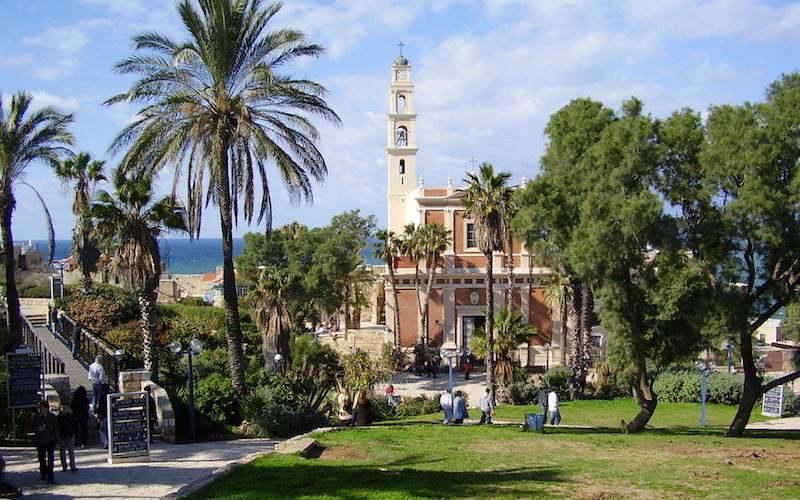
Travel Challenges and Tips for Solo Travel in Israel
Please don’t be put off by this list of travel challenges in Israel – a lot of it is about knowing where to go and where not to go particularly in Jerusalem. Hotel receptionists and locals will help you with this. English is widely spoken in Israel and so getting around isn’t too much of a problem for tourists.
- Not the cheapest travel destination – The currency is the Shekel and you will find it an expensive destination to travel with prices of most things higher than the UK.
- Israeli and Palestinian tensions and risk of war – keep yourself up to date on the current situation as this can change very quickly.
- Security issues – I was stopped coming out of Tel Aviv (Ben Gurion) airport and questioned by security because I had Arabic stamps in my passport (Tunisia, Turkey and Morocco). If you travel to these countries frequently (particularly for work) then consider getting a second passport specifically for travel to Israel.
- Groping and assault of women – this can happen anywhere in Jerusalem but the main areas you should be aware of are around Damascus Gate and on the city walls of Jerusalem. A bit of self defence is always good to know!
- Dressing appropriately for religious sites – this means having your arms and legs covered and no low cut tops for women. Otherwise you may be refused visits to certain sites.
A Brief History of Israel
Before you embark on solo travel in Israel, it is a good idea to understand the history of the country first. The history of Israel is a long and complex one, with roots that go back thousands of years. According to the Hebrew Bible, the land of Israel was promised by God to the Jewish people, and the modern state of Israel was founded in 1948 after the Holocaust during World War II and the subsequent effort to create a Jewish homeland.
The land of Israel has a rich and varied history, with various empires and civilizations ruling over it throughout the ages. In ancient times, the land was inhabited by the Israelites, a group of Semitic people who established the Kingdom of Israel in the 10th century BCE. The Kingdom of Israel was eventually divided into two separate kingdoms, with the northern kingdom known as Israel and the southern kingdom known as Judah.
Over the centuries, the land of Israel was conquered and ruled by a number of different empires, including the Persians, the Greeks, the Romans, and the Ottoman Turks. In the 20th century, the Zionist movement, which sought to establish a Jewish homeland in Palestine, gained momentum, and in 1948, the state of Israel was established. This followed the aftermath of the atrocities of WW2 and the Holocaust (ended in 1945).
Since its founding, Israel has faced numerous challenges, including ongoing conflicts with its Arab neighbors and the Palestinian people, as well as internal political and social issues. Despite these challenges, Israel has developed into a thriving democracy and a major global economic and technological powerhouse.
Getting Around Israel
I have used the public buses with ease – most areas in Tel Aviv are well connected by bus. Train travel is very comfortable and pleasant in Israel. There are also coaches that go between the main cities such as Jerusalem, Tel Aviv, Nazareth, Ashkelon and Haifa. You don’t necessarily have to book trains or buses in advance – I have always just got tickets on the day and never been disappointed.
You can also get a RAV card which can be more cost effective if you are going to several destinations. It works on trains and buses in Israel and you can also buy it online here. It’s cheap and very easy to use.
What to pack for Solo Travel in Israel
As a general rule, for solo travel in Israel you will need to pack clothing that is light, comfortable and conservative to allow for travel between destinations and visits to religious and historical sites.
- Shekels – get yourself some Israeli money changed up before you go – and plenty of it!
- Passport – Don’t forget your passport! And take two of them if you have many Arabic stamps in your passport! People who I know travel to Israel frequently have a passport for Israel and a separate passport for North Africa and the rest of the Middle East. This usually applied to journalists and this working there or spending longer in Israel.
- Sandals and walking boots – take both of these options for footwear so that you have a beach and hot weather option as well as a comfortable and sturdy option for city walking and hiking opportunities.
- Versatile and conservative clothing – for visiting Holy Sites you must have clothing that covers the knees, shoulders and cleavage.
- Gadgets and phone chargers – Remember to take the chargers for your phone, laptop and camera (plus any other gadgets you might need).
- Travel adapter – For Israel there are three associated plug types (C, H and M). Plug type C is the plug which has two round pins, plug type H has three pins in a triangular shape and type M has three round pins.
- Lonely Planet Israel – Although you can find most of what you need online these days, I love to have a physical copy of the Lonely Planet to read when I travel.
- Swimsuit, bikini or swim shorts – there may be swimming opportunities and you will want to enjoy the beach in Tel Aviv.
- Reusable water bottle – It can get hot in the summer so take a refillable bottle with you and always have water on you during your travels.
Solo Travel in Israel – Where to go
Of course most people going to Israel visit the main cities of Tel Aviv and Jerusalem. However there are other interesting places to visit including Nazareth, Ashkelon and Haifa. I would recommend spending at least 10 days in Israel, which will allow for Tel Aviv and Jerusalem plus one or two day trips as well.
Accommodation Recommendation – Abraham Hostels – I highly recommend that you stay at Abraham hostels if you are travelling to Israel as a solo traveller and on a budget. Abraham hostels have a hostel in Tel Aviv, Eilat, Jerusalem and Nazareth where the staff will look after you extremely well. They also organise social events and tours.
Tel Aviv
Tel Aviv is a vibrant and cosmopolitan city located on the Mediterranean coast of Israel. It is known for its sandy beaches, lively nightlife, and diverse cultural scene. Check out this travel blog on how to spend 2 days in Tel Aviv.
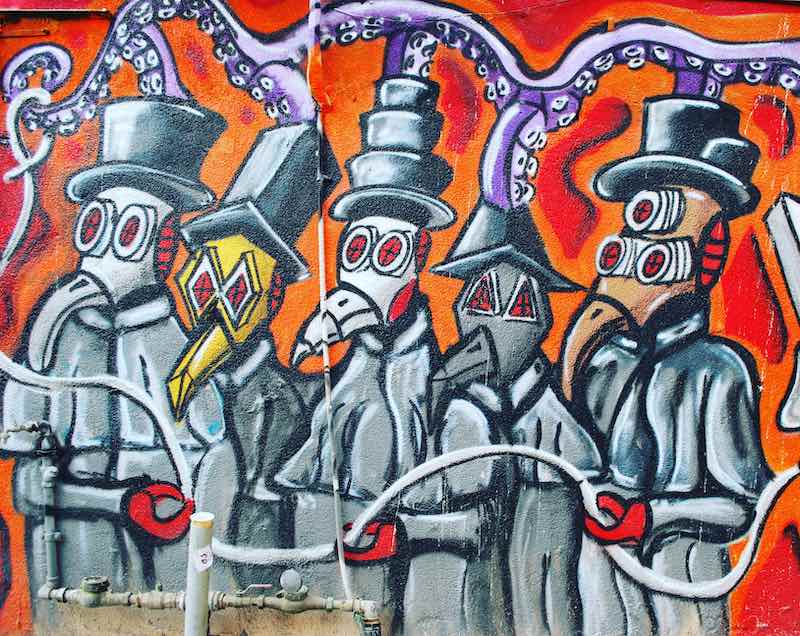
Some popular attractions include the Old City of Jaffa, with its historic port and markets; the Tel Aviv Museum of Art, which features a wide range of Israeli and international art; and the Bauhaus Center, which celebrates the city’s rich architectural heritage.
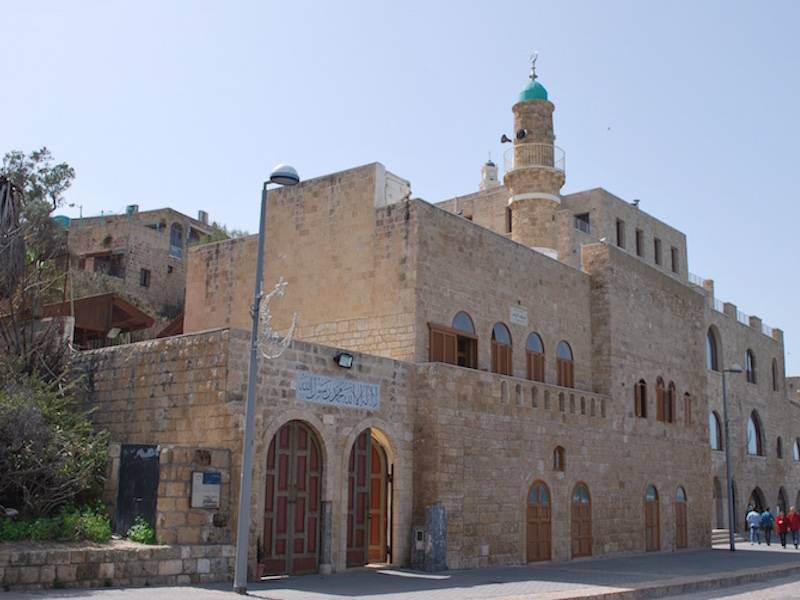
In addition to its cultural attractions, Tel Aviv is also known for its lively nightlife, with a wide range of bars, clubs, and restaurants to choose from. The city also has a thriving food scene, with a variety of cuisines to try, from traditional Israeli dishes to international flavors.
Jerusalem
Jerusalem is a city with a rich and complex history, and a visit to this ancient city can be a deeply meaningful and rewarding experience. Located in the heart of Israel, Jerusalem is a major cultural, religious, and political center, and is home to a number of important historical and cultural sites.
One of the most popular attractions in Jerusalem is the Old City, which is home to the Western Wall (also known as the Wailing Wall), the Church of the Holy Sepulchre, and the Dome of the Rock, among other important sites. The Old City is divided into four quarters – the Jewish Quarter, the Christian Quarter, the Muslim Quarter, and the Armenian Quarter – each of which has its own distinct character and cultural attractions.
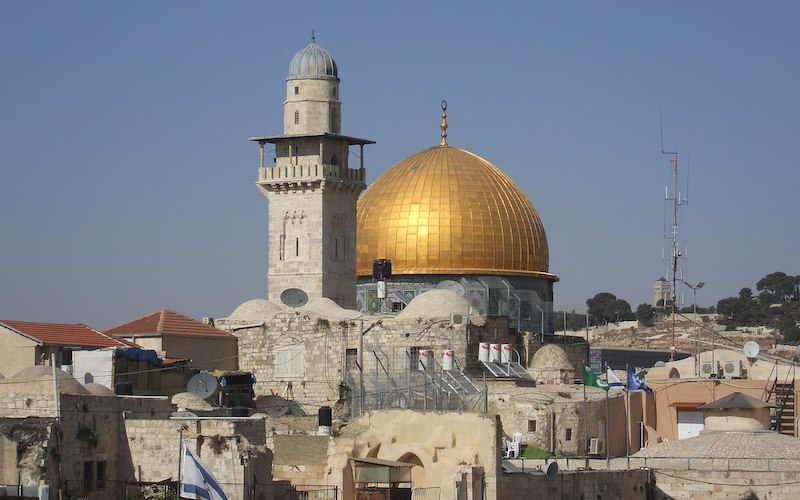
In addition to the Old City, Jerusalem is home to a number of other important cultural and historical sites, including the Israel Museum, the Yad Vashem Holocaust Museum, and the Tower of David Museum. The city is also home to a number of beautiful parks and gardens, including the Biblical Zoo and the Ein Karem neighborhood, which is known for its charming streets and picturesque views.
Nazareth
Nazareth is a city located in northern Israel, in the Galilee region. It is known as the childhood home of Jesus and is an important site for Christians around the world. Nazareth is a predominantly Arab city and has a rich history and culture that dates back to ancient times.
There are many things to see and do in Nazareth, whether you are interested in religion, history, or simply exploring the city’s vibrant culture. Some popular attractions include the Church of the Annunciation, which marks the spot where the angel Gabriel is said to have appeared to Mary and announced that she would bear the son of God; the Old City, which is home to a number of ancient churches and synagogues; and the St. Joseph’s Church, which marks the spot where Joseph is said to have worked as a carpenter.
In addition to its religious attractions, Nazareth is also home to a number of museums and cultural centers, including the Nazareth Village Museum, which offers a glimpse into life in the city during the time of Jesus, and the Nazareth Cultural and Visitors Center, which showcases the city’s rich cultural heritage.
Overall, Nazareth is a city that offers a unique blend of history, religion, and culture, and is an important destination for anyone interested in exploring the roots of Christianity.
Haifa
Haifa is a city located in northern Israel, on the Mediterranean coast. It is the third-largest city in Israel and is known for its beautiful beaches, stunning views, and cultural diversity.
There are many things to see and do in Haifa, whether you are interested in history, culture, or simply relaxing by the beach. Some popular attractions include the Baha’i Gardens, a beautiful terraced garden that is a UNESCO World Heritage Site; the Haifa Museum of Art, which features a wide range of Israeli and international art; and the Technion – Israel Institute of Technology, which is a top-ranked research university.
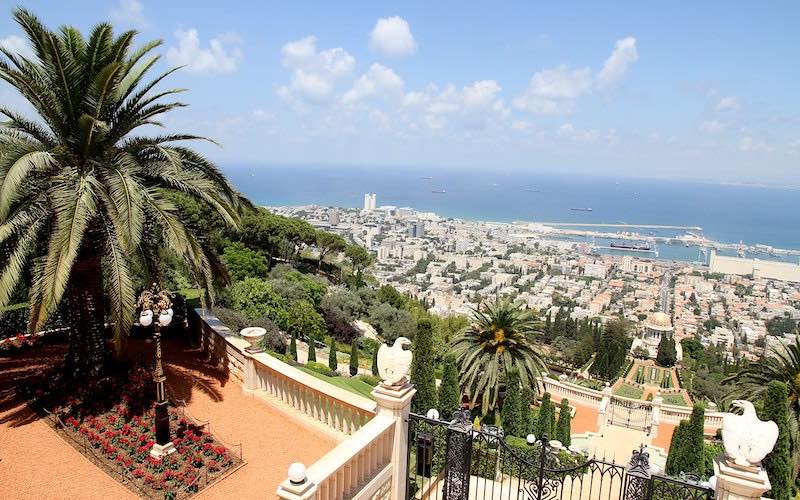
In addition to its cultural attractions, Haifa is also known for its beautiful beaches, which are popular for swimming, sunbathing, and water sports. The city is also home to a number of parks and gardens, including the Louis Promenade, which offers stunning views of the city and the Mediterranean Sea.
Ashkelon
Ashkelon is a city located in southern Israel, on the Mediterranean coast. It is known for its long history and rich cultural heritage, and is home to a number of interesting attractions.
Some popular attractions in Ashkelon include the Ashkelon National Park, which features a number of ancient ruins and artifacts, including the remains of a Crusader castle and a Roman amphitheater; the Ashkelon Beach Promenade, which offers beautiful views of the Mediterranean Sea and is a popular spot for walking, jogging, and cycling; and the Ashkelon Marina, which is a popular destination for boating and water sports. The city is also home to a number of beautiful parks and gardens, including the Ashkelon Botanical Garden, which features a wide range of plants and flowers from around the world.
The Dead Sea, Qumran and Masada
The Dead Sea is a salt lake located in the Jordan Rift Valley, on the border between Israel and Jordan. It is known for its high salt concentration, which allows people to float easily on its surface, and for its therapeutic properties.
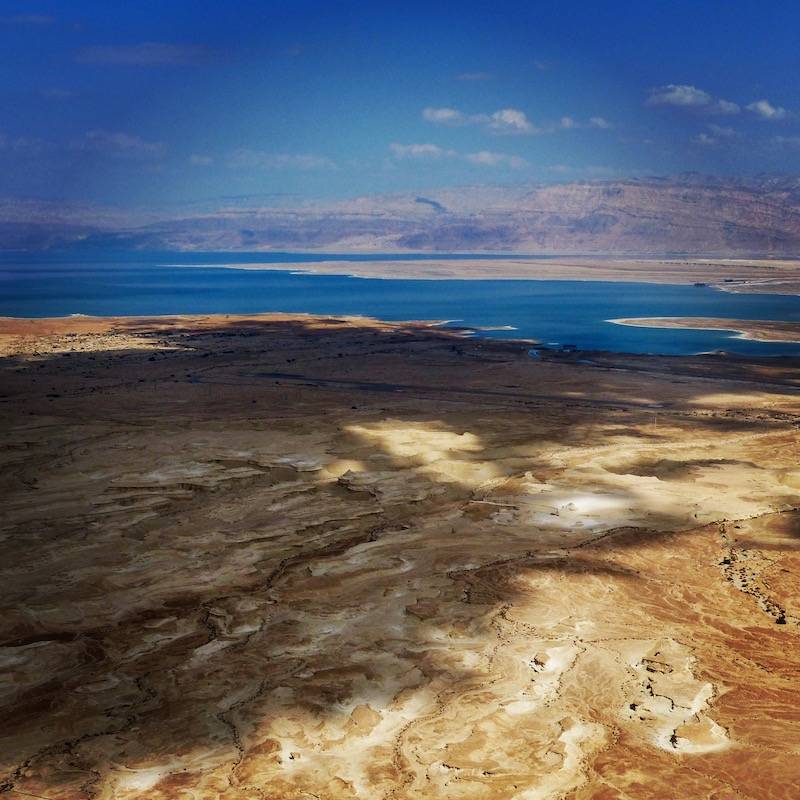
The Dead Sea is a popular destination for travelers looking to relax and rejuvenate, and there are a number of resorts and spas located along its shores that offer a variety of treatments and amenities. In addition to relaxing in the waters of the Dead Sea, visitors can also enjoy a number of outdoor activities, such as hiking, biking, and exploring the nearby nature reserves.
The Dead Sea is also home to a number of historical and cultural sites, including the Qumran Caves, where the Dead Sea Scrolls were discovered, and Masada, an ancient fortress that was the site of a famous battle during the Roman-Jewish Wars.
Top Tips for Solo Travel in Israel
- Get the RAV travel card to use on buses and trains – it is good value and very easy to use (can be topped up)
- Use the Monit Sheruts – shared taxis that are basically yellow small or white van that can take about 10 passengers at a time (they work out cheaper than cabs).
- Download Gett for cheaper taxis – it’s what they use in Israel instead of Uber.
- Don’t be scared if you see soldiers on the streets – this is quite a normal occurrence in Israel and doesn’t;t necessarily mean that shit is going down!
- Be aware crossing into Palestine – Do this with caution and preferably with a qualified guide. People born in Jordan, Egypt, Morocco, Bahrain and South Sudan are now barred from the West Bank except under exceptional circumstances (true last time of checking in 2022 but keep up to date as rules can change at short notice)
- Respect the food laws for different religions – this means eating kosher food in Jewish areas (don’t mix meat and dairy) and avoiding pork in Muslim areas.
- Stay calm if questioned at the airport – This is also a frequent occurrence reported by travellers when entering and leaving Israel. Keep calm and be friendly and honest. They may have to swipe your laptop or do a bag search and you should just let them carry on without causing a fuss.
Travel Tips Specific to Jerusalem
- Plan your time in Jerusalem – There is a hell of a lot to see so identify your key sites and stick to your plan.
- Avoid Damascus Gate in Jerusalem – Damascus Gate is an area of Jerusalem that you should avoid going to particularly alone as a tourist. DO NOT go through Damascus Gate when there are protests or demonstrations because things can turn violent pretty quickly.
- Avoid Ultra-Orthodox districts in Jerusalem – Sometimes things can get violent or confrontational in certain areas of Jerusalem. Locals in Bnei Brak, Modi’in Illit, Beitar Illit, Beit Shemesh and Safed may react strongly to women who are inappropriately dressed. Do not drive into these ultra–Orthodox Jewish areas of Jerusalem on the Sabbath (from sunset on Friday to nightfall) – there have been reports of rocks getting thrown at the cars.
- Avoid Drinking in Muslim areas – particularly avoid alcohol in Muslim areas during Ramadan.
- Avoiding offending people with the wrong terminology or language – Learn about what terms are appropriate to use and not use when speaking to people of different cultures and religions. Obviously you don’t want to use Arabic when addressing a Jew and you do’t want to use Hebrew when addressing a Muslim, so it may be best for you to stick to English.
- You can travel into Jordan from Jerusalem! Many people don’t realise how close they are to Jordan. A lot of travellers do a 3 day trip to Jordan from Jerusalem to see Petra. Abraham hostels runs this trip and it is worth it if you have time.
Further Reading on Solo Travel Israel
If you enjoyed this blog on solo travel in Israel, you might also like to read:
